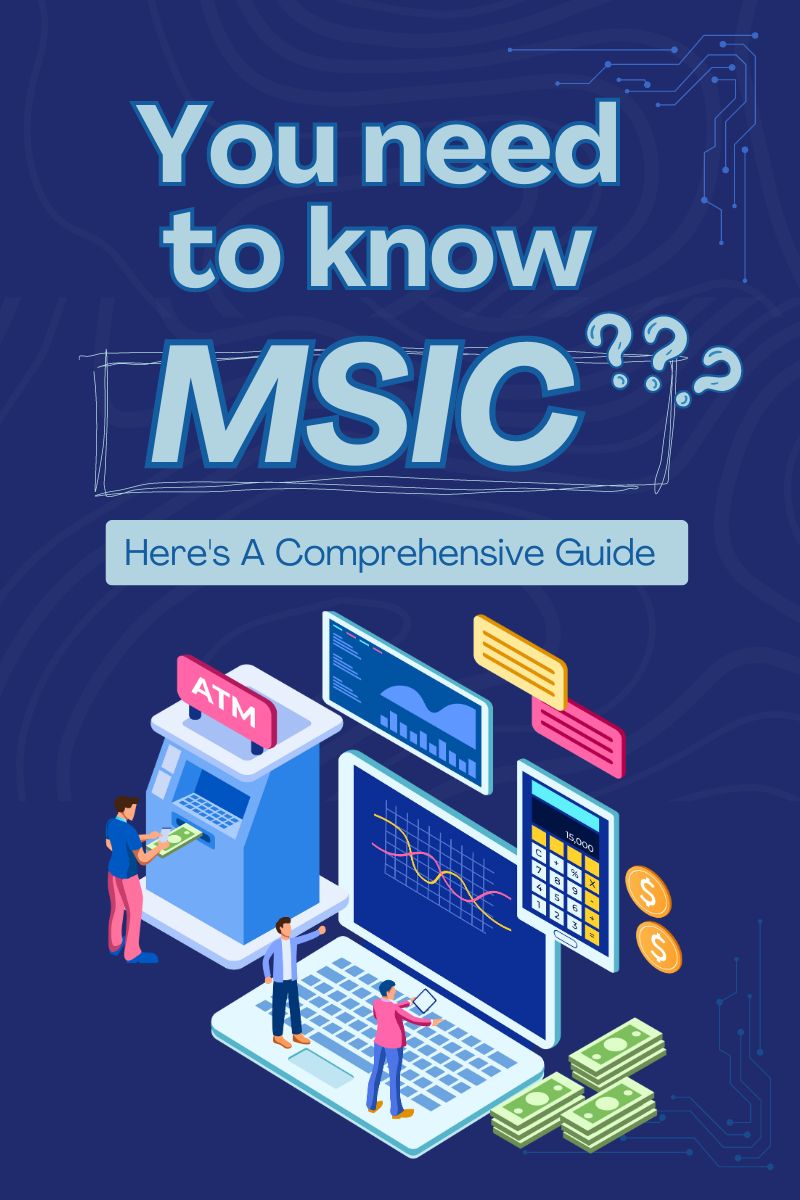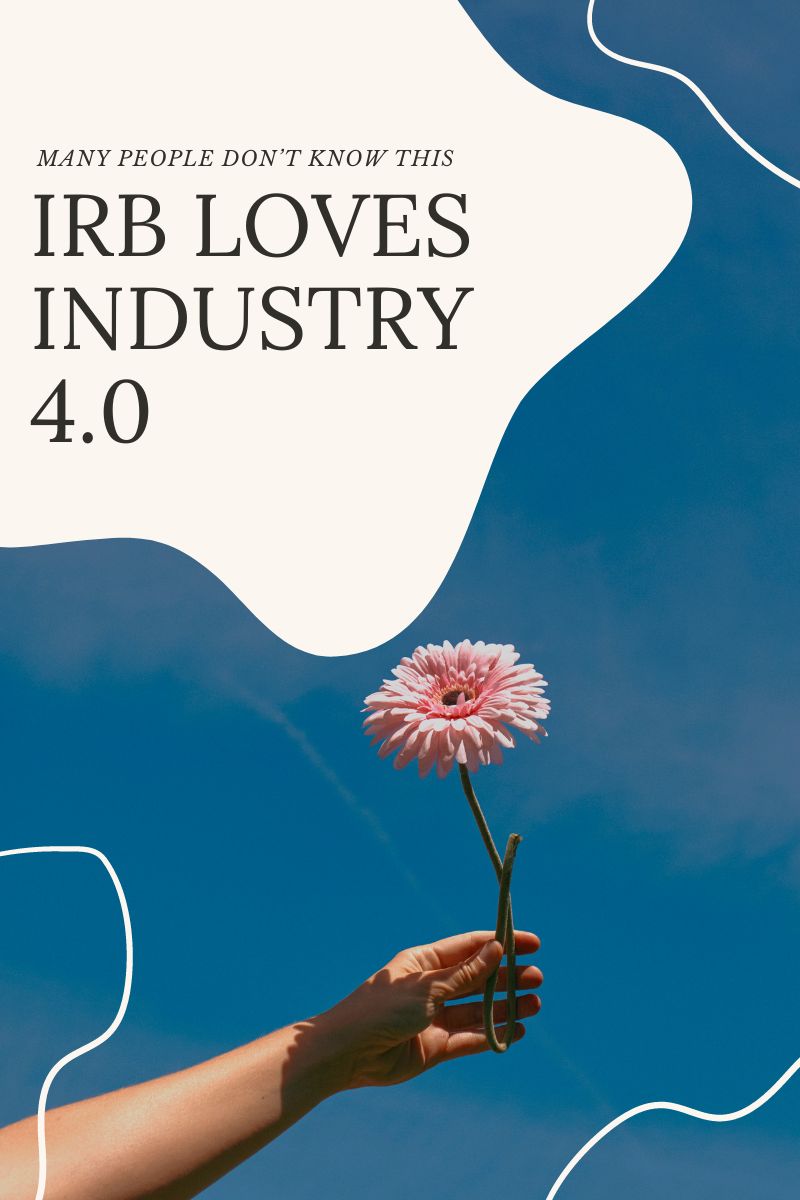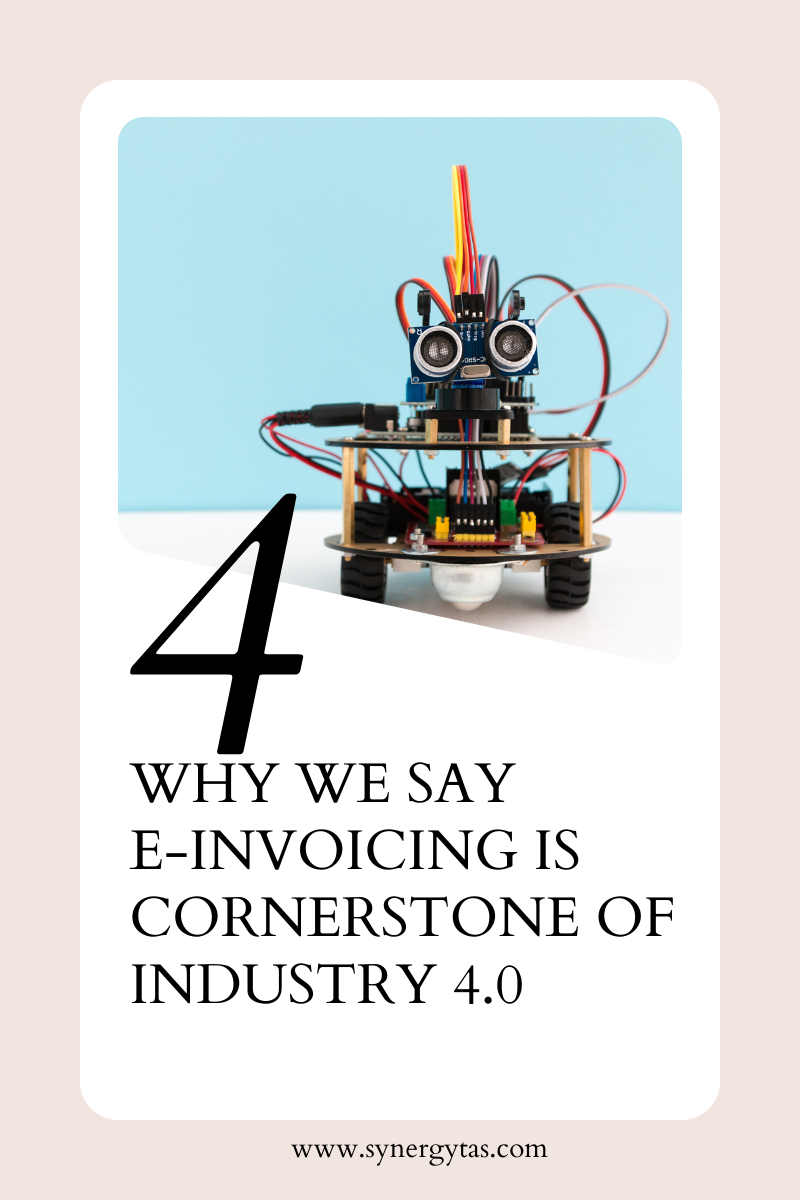CP58: UNDERSTANDING THE COMMISSION STATEMENT FOR MALAYSIAN BUSINESSES
In this blog post, we’ll explain the essentials of CP58, including who needs to file it, the e-invoicing requirements, and how it affects different types of businesses. Whether you’re new to this aspect of Malaysian tax law or seeking to refresh your knowledge, we aim to provide practical guidance and tips to help ensure your compliance.
Introduction to CP58
CP58 is a statement that a company or business in Malaysia must provide to any of its agents, dealers, or distributors who received commissions, rebates, or similar payments in the preceding year. These entities must issue CP58 to outline the sum of payments made, and it serves as a necessary document for both the payer and recipient for tax declaration purposes.
Understanding CP58 : Commission Statements
Commission statements like CP58 are not merely administrative paperwork; they are critical in transparent income tax reporting. Commissions can form a significant part of an individual’s taxable income or a business’s expenditure and are thus subject to scrutiny by the Inland Revenue Board of Malaysia (IRBM).
Does it mean all company who pays Commission need to issue CP58?
IRB only makes it mandatory to prepare Form CP 58 if the company is paying more than RM5,000 in cash or non-monetary incentives to the agent, dealer or distributor during the calendar year. Company do not need to submit the Form CP58, instead it acts like a Form EA in relation to employment income. Meaning that the company, just need to be given to the respective agent, dealer or distributor, they then need to do the necessary tax submission respectively.
Section 83A(1) of the Income Tax Act of 1967: stated that as of January 1, 2012, each company must prepare and provide the CP 58 form to its agents, dealers and distributors by March 31 of each year in accordance with the format required by LHDN.
Why IRB want CP58 to be issued ?
It’s a smart moved by IRB. It allows Malaysia tax authority to check on both parties: the paying company and also the receiving agent, dealer and distributor. It has long been a “unspoken secret” that some company do inflate the commission payout in order to reduce their tax liabilities. At the same time, tax authority can encourage the agent, dealer, and distributor to submit their tax.
Key Changes in CP58
Awareness of any new developments or updates regarding CP58 guidelines is essential. While this blog post covers the general information on CP58, businesses should review any changes in the Malaysian tax regulation annually or consult with a tax professional to ensure no amendment slips through the cracks. Check the Inland Revenue Board website to ensure the Form CP 58 you use is the latest version.
Compliance Requirements for Businesses
Adhering to CP58 requirements is mandatory for Malaysian businesses dealing with commissions. Implementing a meticulous record-keeping system is the first step to ensuring accuracy when issuing commission statements. Companies must issue CP58 to their payees by the prescribed deadline, typically the end of March following the calendar year the payments were made.
Impact on Different Business Types
How it affects your operations largely depends on your business structure. SMEs may find managing these statements more straightforward due to a smaller commission pay-out scale than larger organisations, which necessitates a dedicated team for tax compliance. Dealers, agents, and distributors must maintain diligence in reporting commission income and balancing their books with the statements received.
Practical Tips for Filing
To minimise errors and ensure a smooth filing process, accounting departments should:
- Keep comprehensive records of all commission-based transactions throughout the year.
- Confirm the accuracy of each CP58 statement against the internal records before issuance.
- Educate all relevant staff members on the importance and procedure of handling CP58 accurately.
- Utilise accounting software that can streamline and automate parts of the CP58 generation process and issuance of Self-Billed E-Invoice.
E-Invoicing: Self Billed E-Invoice
E-invoicing is a mechanism created to detect tax understatement. That’s the same reason for the creation of CP58. In the era of e-invoicing, expenditures paid out as commissions need to be issued as self-billed e-invoices.
“Self-billed Invoice” is a unique e-Invoice type supported by the MyInvois System. It is used to submit issued invoices to the Tax Authority, unlike conventional service providers, where the service provider will usually be the one who raises e-invoices and sends them to the customer. The paying company sends out a billed e-invoice. At first sight, this may seem weird, but when we think deeper. It makes perfect sense. The paying company has the details of the quantification of the commission. Therefore, it makes sense for the paying company to be the one who issues the self-billed e-invoice.
Commission paying company issue the Self-Billed e-Invoice
Hence, the Buyer issues an invoice instead of the supplier, unlike the usual e-invoice, where the Buyer will need to approve the e-invoice. In the case of a self-billed e-invoice, the Buyer needs to issue the self-billed e-invoice. The Buyer does not have a legal obligation to inform the agent, dealer, and distributor about the self-billed e-invoice. However, informing our agent, dealer, and distributor about this arrangement is our social courtesy so that they can make the necessary changes to ensure they submit their tax promptly and avoid triggering tax audit unnecessarily.
Conclusion
Understanding CP58 is pivotal for Malaysian businesses and can vastly simplify the annual tax reporting procedures. By staying up-to-date with the latest guidelines and adopting a systematic approach to record-keeping and filing, companies can significantly mitigate the risk of non-compliance.
Should you feel overwhelmed by the process or require further clarification, feel free to seek guidance from a professional specialising in Malaysian tax law. Remember, compliance is not just a legal obligation but also a testament to the integrity and reliability of your business operations.
Ensuring your business is CP58 compliant means having peace of mind and sustaining your reputation for years.
Reference : CP58 tax guide









